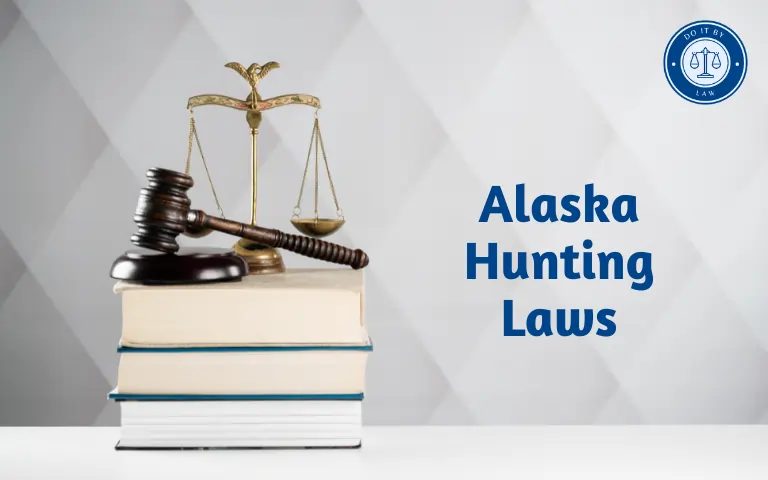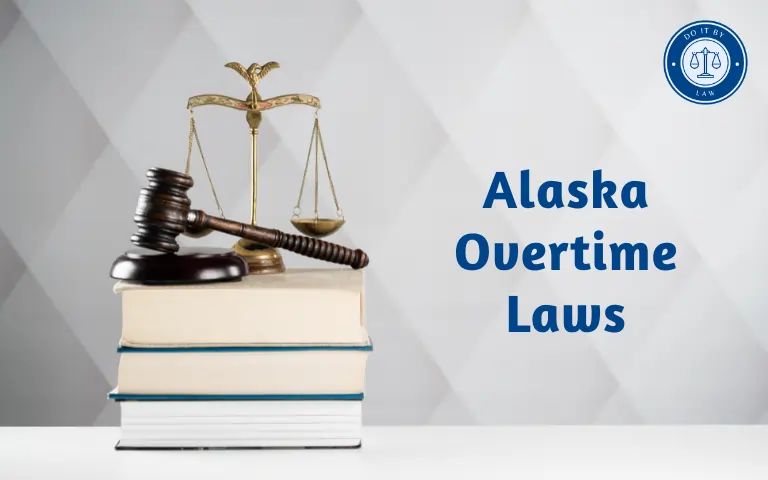Alaska Hunting Laws: What You Need To Know
Alaska boasts some of the world’s most abundant and diverse big game populations. Alaska Hunting Laws remain largely unrestricted by state law, and understanding key regulations helps ensure ethical practices preserving Alaska State wilderness heritage. This guide summarizes must-know hunting rules.
When Did Alaska Begin Regulating Hunting and Why?
Hunting laws first arose after Alaska wildlife populations dropped sharply during the early 20th century’s commercial harvest boom. In 1925, the territory began requiring licenses while restricting certain methods/equipment types to curb extensive overhunting.
Modern statutes evolved expanding and refining seasons/limits working to balance sport/subsistence demand with scientific sustainability. All hunters must understand core regulations though over 95% of land remains open to legal take.
Who Do Alaska Hunting Laws Apply To?
Alaska hunting rules govern all who harvest game or assist others with:
- Locating/stalking animals
- Using weapons, transports, or equipment
- Field cleaning, packing, and processing of meat
Regulations apply to state residents and non-residents. Special exemptions exist for certain indigenous subsistence and trapping rights. But core hunting licenses and reporting requirements apply broadly.
What Are Key Aspects of Alaska Hunting Laws?
Major components include:
Licenses & Tags: All hunters need appropriate annual licenses plus extra species tags. Resident fees run $85-$160 for fishing/hunting permits. Non-residents pay $100-$650 for hunting licenses specifically.
Reporting: Harvest tickets must be validated immediately upon killing Big Game, with meat salvaged for human consumption. Hunters failing to report or wasting kills risk citation.
Methods & Gear: Specific caliber minimums apply for taking large animals ethically. Guiding unlicensed hunters or using prohibited methods like spotlights/poisons are unlawful.
Seasons & Limits: Annual season dates plus bag limits control harvests preventing localized depletions. Limits span caribou, deer, moose, sheep, bears, and other popular species.
What are the Penalties for Violating Alaska Hunting Statutes?
Illegally taking game or guiding hunters sans proper credentials risks:
- Class A misdemeanors with 1+ year in jail and $10,000+ fines for major violations
- License revocations terminating hunting privileges
- Game waste mandates repaying state restitution values up to $8,000 per animal
- Equipment seizures for using banned devices like illegal traps
Charges also apply for unlawfully taking protected species, hiking in off-limits zones, ignoring posted restrictions, and passing bans like “same-day airborne” hunting.
Have There Been Recent Changes to Alaska Hunting Regulations?
Alaska frequently adjusts specific season dates, boundaries, and bag limits based on current populations. In 2023, new laws take effect:
- Banning electronic bike use traveling to/from hunt zones
- Allowing certified bowhunters to carry restricted firearms for dispatching wounded game
- Restricting drone harassment of wild game and legal hunting activities
- Letting properly licensed youth hunters carry firearms for protection from dangerous animals
Ongoing proposals seek additional guide requirements for non-resident big game hunters and stricter penalties for those convicted repeatedly of wanton waste/violations.
What Issues Remain Contentious Around Alaska Hunting Laws?
Complex debates continue around:
- Balancing rising sports demand with preserving indigenous subsistence rights
- Stopping unlawful “shoot on sight” hunters lacking identification skills
- Commercial interests seeking looser predator control to expand moose/caribou herds
- Clarifying when self-defense justifies taking protected species like bears
- Updating statutes for new technologies like smart rifles and drones
Improving rural advisory input and boosting enforcement funding also remain perennial challenges in managing Alaska’s world-class wildlife opportunities.
Key Alaska Hunting Law Takeaways
While remote regions retain a spirit of independence, following core license, season, method and reporting rules remains essential for all Alaska hunters. Penalties for violations aim to protect the complex balancing of preservation, public access, and sporting opportunity.







